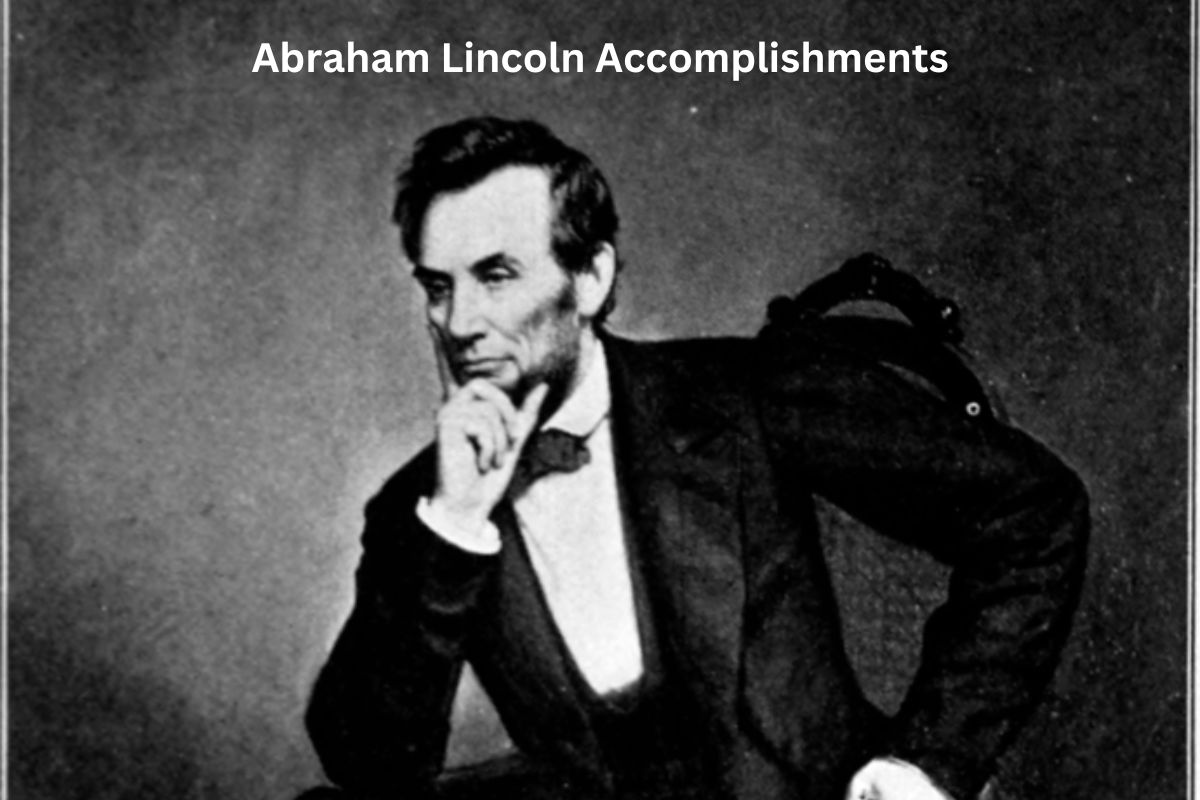Akbar's Greatest Accomplishments: Unveiling The Legacy Of A Great Emperor
Mar 23 2025
Akbar, the third Mughal Emperor, remains one of history's most fascinating figures whose accomplishments shaped the Indian subcontinent's future. His reign marked a golden era of cultural, political, and social progress that continues to inspire historians and leaders worldwide. As we delve into his remarkable achievements, it becomes clear why Akbar earned the epithet 'The Great.'
Born in 1542, Akbar inherited the Mughal Empire at the tender age of thirteen, following the death of his father Humayun. Despite the early challenges of consolidating power, Akbar demonstrated extraordinary leadership qualities that transformed the fledgling empire into one of the largest and most prosperous realms in history.
This article explores Akbar's greatest accomplishments, highlighting his military conquests, administrative reforms, cultural contributions, and his progressive approach to governance. By examining these achievements, we gain valuable insights into the leadership qualities that made Akbar one of the most influential rulers in world history.
Table of Contents
- Biography of Akbar
- Military Conquests and Expansion
- Administrative Reforms and Innovations
- Promotion of Religious Tolerance
- Cultural Contributions and Patronage
- Economic Policies and Innovations
- Social Reforms and Gender Equality
- Architectural Legacy
- Diplomatic Relations and Alliances
- Conclusion: Akbar's Enduring Legacy
Biography of Akbar
Early Life and Ascension to Power
Akbar was born on October 14, 1542, in Umerkot, Sindh. His early life was marked by challenges, as his father Humayun had lost the empire to the Afghan ruler Sher Shah Suri. Despite these difficulties, Akbar's education focused on developing his military and leadership skills. At the age of thirteen, he ascended the throne in 1556 after Humayun's untimely death.
Below is a summary of Akbar's personal information:
| Full Name | Jalal-ud-din Muhammad Akbar |
|---|---|
| Birth Date | October 14, 1542 |
| Place of Birth | Umerkot, Sindh |
| Reign Period | 1556 – 1605 |
| Death Date | October 27, 1605 |
Military Conquests and Expansion
Akbar's military campaigns played a crucial role in expanding the Mughal Empire. His strategic brilliance and tactical prowess allowed him to consolidate power and extend the empire's borders significantly. By the end of his reign, the Mughal Empire covered most of the Indian subcontinent.
- Victory at the Second Battle of Panipat in 1556, securing the empire's foundation.
- Conquest of Malwa and Gujarat, strengthening the empire's economic base.
- Expansion into Rajasthan, Punjab, and Bengal, consolidating control over key regions.
Administrative Reforms and Innovations
Land Revenue System
Akbar revolutionized the administrative system of the Mughal Empire, introducing reforms that enhanced efficiency and governance. His land revenue system, known as the Mansabdari system, ensured fair distribution of resources and improved the empire's economic stability.
Key features of the administrative reforms include:
- Division of the empire into provinces (subahs) and districts (sarkars).
- Introduction of a standardized land revenue collection system.
- Appointment of experienced officials to oversee administration.
Promotion of Religious Tolerance
Akbar's commitment to religious tolerance set him apart from many rulers of his time. He abolished the jizya tax on non-Muslims and promoted interfaith dialogue through the establishment of the Ibadat Khana, a platform for religious discussions.
His efforts toward religious harmony include:
- Marriages with Rajput princesses to foster alliances.
- Encouragement of religious scholars from various faiths to participate in discussions.
Cultural Contributions and Patronage
The Navaratnas
Akbar's patronage of the arts and culture led to the flourishing of literature, music, and architecture during his reign. His court boasted the Navaratnas, nine luminaries who contributed significantly to the cultural landscape of the empire.
Notable cultural achievements include:
- Commissioning of the Akbarnama, a detailed account of his reign.
- Development of Hindustani classical music.
- Encouragement of Persian and Indian art forms.
Economic Policies and Innovations
Akbar implemented economic policies that promoted trade and commerce, contributing to the empire's prosperity. His focus on infrastructure development and trade routes facilitated economic growth and improved living standards.
Key economic initiatives include:
- Improvement of roads and communication networks.
- Encouragement of local industries and crafts.
- Facilitation of international trade with European powers.
Social Reforms and Gender Equality
Akbar's progressive approach to governance extended to social reforms, particularly in the area of gender equality. He abolished practices like sati and promoted women's education, setting a precedent for social justice.
His social reforms include:
- Prohibition of child marriages.
- Encouragement of widow remarriage.
Architectural Legacy
Fatehpur Sikri
Akbar's architectural legacy is evident in the magnificent structures built during his reign. Fatehpur Sikri, his capital city, stands as a testament to his vision and artistic sensibilities. The blend of Islamic and Indian architectural styles reflects his commitment to cultural synthesis.
Other notable architectural achievements include:
- Agra Fort, a UNESCO World Heritage Site.
- Jama Masjid, showcasing intricate design and craftsmanship.
Diplomatic Relations and Alliances
Akbar's diplomatic acumen enabled him to forge alliances that strengthened the empire's position on the global stage. His engagement with neighboring states and European powers enhanced trade and cultural exchanges.
Key diplomatic achievements include:
- Establishment of relations with the Safavid and Ottoman Empires.
- Reception of European envoys, fostering mutual understanding.
Conclusion: Akbar's Enduring Legacy
Akbar's greatest accomplishments lie in his ability to unite diverse peoples, promote cultural harmony, and establish a robust administrative system. His legacy as a visionary leader continues to inspire leaders and historians alike. By examining his military conquests, administrative reforms, and cultural contributions, we gain a deeper understanding of his transformative impact on the Mughal Empire.
We invite you to share your thoughts in the comments section below. Explore more articles on our website to discover fascinating insights into history, culture, and leadership. Together, let's celebrate the enduring legacy of great leaders like Akbar.
Data Source: Encyclopaedia Britannica, UNESCO World Heritage Centre, and various historical texts.

